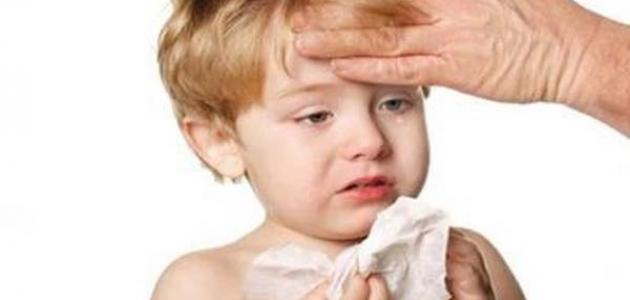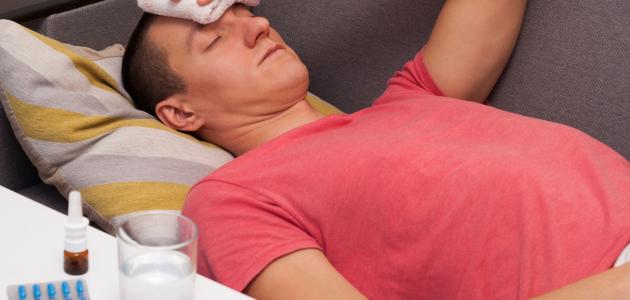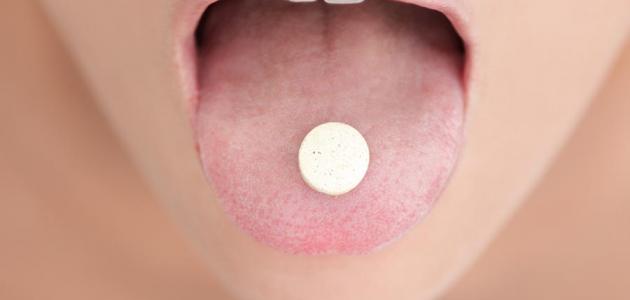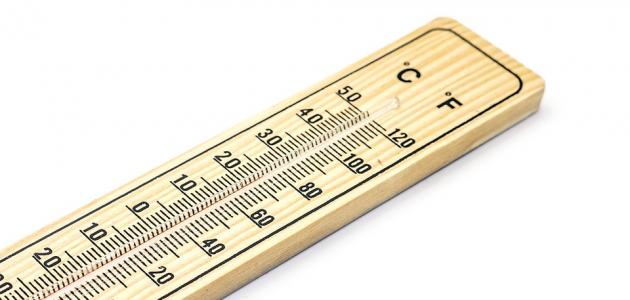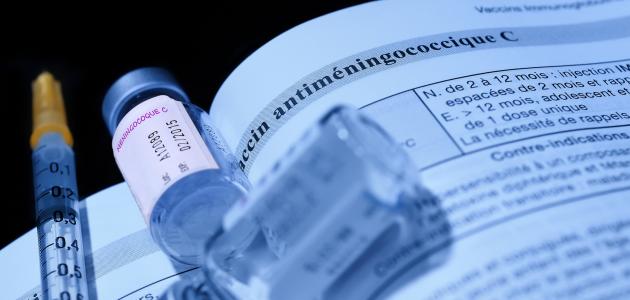Contents
Dengue fever
Dengue fever is defined as a viral disease transmitted through mosquito bites, where the virus can cause fever, rash, headache, and a feeling of pain throughout the body, and most cases of dengue fever are mild, and it goes away on its own within a week of infection, and dengue fever is considered One of the rare cases in the United States of America, where the last report of an infection within the United States dates back to 2005 AD in the state of Texas, [1] and the virus that causes dengue fever cannot be transmitted from one person to another, and rates of dengue fever increase in regions. It is possible to reduce the risk of dengue fever when traveling to countries where the disease is more common by taking a set of measures, such as wearing insect repellant, and wearing clothes that cover the hands,And legs , closing windows and unshaded doors. [2]
Dengue fever treatment
There is no specific treatment for dengue fever, so the treatment intervention depends on the severity of the disease, as shown in the following: [3]
- Treatment of moderate dengue fever: There is a group of treatment methods that are used to treat moderate dengue fever, and it is worth noting that non-steroidal anti- inflammatory drugs are not used to treat dengue fever, such as: ibuprofen , and aspirin ; As it may increase the risk of internal bleeding, and the treatment of moderately severe dengue fever includes the following:
- Drinking water; As dengue fever leads to vomiting and a high temperature. This increases the risk of dehydration , so the patient should drink a lot, preferably bottled water instead of tap water.
- Take pain relievers, such as: Paracetamol , which helps reduce the temperature and relieve pain.
- Treatment of severe dengue fever: Treatment includes the following:
- Use of intravenous fluids; Especially if the victim is unable to take fluids through the mouth.
- Transfusion; And in patients who suffer from severe dehydration.
Dengue fever symptoms
Symptoms of dengue fever can sometimes be mild, and may be similar to other symptoms, such as: flu symptoms or other viral infection, and the symptoms are in younger children, and people who have never been infected before are less severe compared to children and adults Older people, and dengue fever may lead to serious problems, such as: hemorrhagic fever; It is a rare complication that is characterized by a high temperature, an enlarged liver, damage to the blood vessels and lymph, and bleeding from the nose and gums, and symptoms may progress to severe bleeding, shock, and cause death. Symptoms of dengue fever usually begin within four to six days after infection, and continue For a period of up to 10 days, and the symptoms include the following: [4]
- Sudden fever.
- The appearance of a rash; It appears two to five days after the start of the fever.
- Severe headache
- Feeling of pain behind the eyes.
- Feeling severe pain in the muscles and joints.
- Light bleeding, such as: nosebleeds or gums.
- Suffering from nausea and vomiting.
- Feeling tired and unwell.
Diagnosing dengue fever
Dengue infection is usually diagnosed when the patient has clinical symptoms, such as: high fever , eye pain, headache, severe muscle pain, rash, and dengue fever may be difficult to diagnose. Because its symptoms are similar to the symptoms of many other viral diseases, such as: West Nile virus, [5] and doctors may request a blood test. To help diagnose dengue fever. [6]
Prevention of dengue fever
The Dengvaxia vaccine is one of the vaccines for treating dengue fever, and it is currently approved for use in treating people with dengue fever between the ages of 9-45 years and living in areas with high incidence of dengue fever, and the vaccine is given in three doses for a period of 12 months The Dengfaxia vaccine is approved only in adult patients, not young children. Because young children are at greater risk of contracting severe dengue fever, and being hospitalized two years after receiving the vaccine, and the World Health Organization confirms that this vaccine is not an effective way to reduce dengue fever in areas where this disease is common, and there are a set of measures that It should be taken when traveling, or living in tropical areas where dengue fever is common, such as: [7]
- Wearing protective clothing: Wearing long pants, socks and shoes reduces the risk of exposure to the bite of the virus-carrying mosquitoes .
- Use mosquito repellent : Permethrin can be applied to clothing, shoes, camping equipment, and bed nets, and clothes that contain permethrin can be bought in their manufacture.
- Staying in air-conditioned or closed homes: Where the mosquitoes carrying the dengue virus are in full activity from dawn to sunset, a person can also be exposed to the bite at night.
- Reducing mosquito collections: by removing the places in which they lay eggs, where mosquitoes carrying the dengue virus live around homes, and places where stagnant water is present, the places where stagnant water collects must be emptied and cleaned, such as: farm tanks and vases.
Dengue fever prevalence areas
Dengue fever is more common in subtropical and tropical regions, such as: Central and South America, parts of Africa, parts of Asia, the Caribbean, and the Pacific, and most cases of dengue fever occur among citizens of the United States in Puerto Rico and the American Virgin Islands. Samoa, Guam, and dengue fever can spread in urban and rural areas, unlike malaria . The areas where the dengue virus is most common include the following: [3]
- Central and South America.
- Caribbean.
- Tropical Asian regions, including Bangladesh, Indonesia, and parts of China.
- Northern Australia.
References
- ↑ "Dengue Fever" , kidshealth.org , Retrieved 12-5-2019. Edited.
- ↑ "Dengue" , medlineplus.gov , Retrieved 23-5-2019. Edited.
- ^ A b Mike Paddock, "Everything You Need To Know About Dengue Fever" , www.medicalnewstoday.com The , Retrieved 23-5-2019. Edited.
- ↑ "Dengue Fever" , www.webmd.com , Retrieved 12-5-2019. Edited.
- ↑ John P. Cunha, DO, FACOEP, "Dengue Fever" , www.medicinenet.com , Retrieved 23-5-2019. Edited.
- ↑ "Dengue fever" , www.healthdirect.gov.au , Retrieved 12-5-2019. Edited.
- ↑ "Dengue fever" , www.mayoclinic.org , Retrieved 12-5-2019. Edited.
